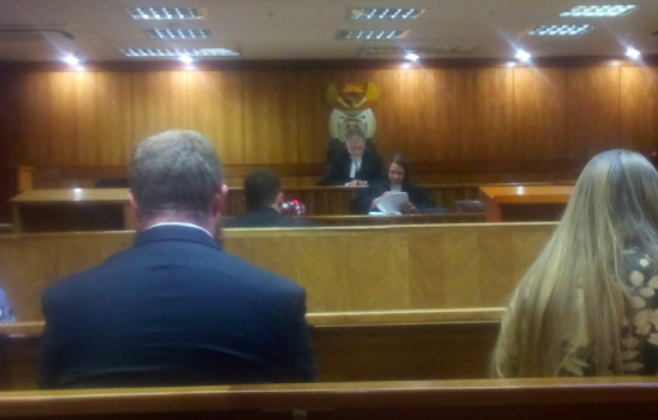
President Cyril Ramaphosa has signed off a number of major new laws – including the controversial ‘internet censorship bill’.
In a statement on Wednesday (2 October), the presidency said that the new laws include:
- Overvaal Resorts Limited Repeal Bill;
- The Property Practitioners Bill;
- Electronic Deeds Registration Systems Bill;
- Film and Publications Amendment Bill.
It was not clear at the time of writing whether the laws had been promulgated and had officially come into effect. In addition, some parts of the legislation may only come into effect at a later date.
Controversy
While most of the new laws will likely be welcomed, one of the new bills has courted controversy as it made its way through the law-making process.
The Film and Publications Amendment Bill – known as the ‘internet censorship bill’ by some of its opponents – aims to introduce a number of changes including harsher rules to protect children from disturbing and harmful content, and to regulate the online distribution of content such as films and games.
Some of the other notable changes include:
- Revenge porn: Under the bill, any person who knowingly distributes private sexual photographs and films without prior consent and with intention to cause the said individual harm shall be guilty of an offence and liable upon conviction. This includes a possible fine not exceeding R150,000 or to imprisonment for a period not exceeding two years and/or to both a fine and imprisonment not exceeding two years. Where the individual is identified or identifiable in said photographs and films, this punishment rises to a R300,000 fine and/or imprisonment not exceeding four years;
- Hate speech: The bill states that any person who knowingly distributes in any medium, including the internet and social media any film, game or publication which amounts to propaganda for war, incites imminent violence, or advocates hate speech, shall be guilty of an offence. This includes a possible fine not exceeding R150,000 and/or imprisonment for a period not exceeding two years;
- ISP requirements: If an internet access provider has knowledge that its services are being used for the hosting or distribution of child pornography, propaganda for war, incitement of imminent violence or advocating hatred based on an identifiable group characteristic it shall immediately remove this content, or be subject to a fine.
Some of the above changes have previously come under scrutiny from members of industry and the public, over concerns that it would be used as a means of censorship for online content.
Speaking to BusinessTech in May 2019, Dominic Cull of specialised legal advice firm, Ellipsis, said that the bill is ‘extremely badly written’.
He added that the introduction of the bill means that there is definite potential for abuse in terms of infringement of free speech.
“One of my big objections here is that if I upload something which someone else finds objectionable, and they think it hate speech, they will be able to complain to the FPB,” he said.
“If the FPB thinks the complaint is valid, they can then lodge a takedown notice to have this material removed. ”
Cull said this was problematic as the FPB, which is appointed by government, should not be making decisions as to what is and isn’t allowed speech under the South African Constitution.
“When we can see that the courts struggle with these issues, there’s no place for politicians directly appointed by a minister to deal with them,” he said.
Article by Business Tech









